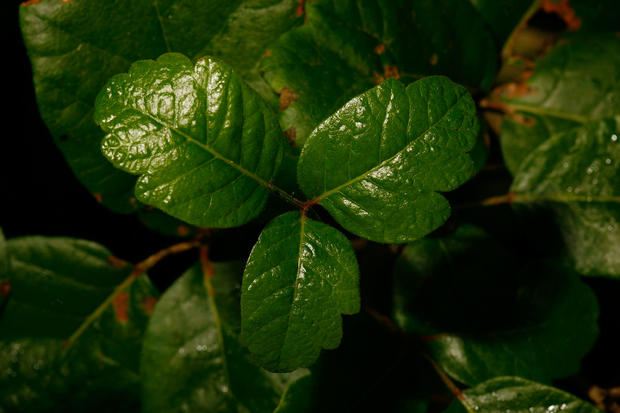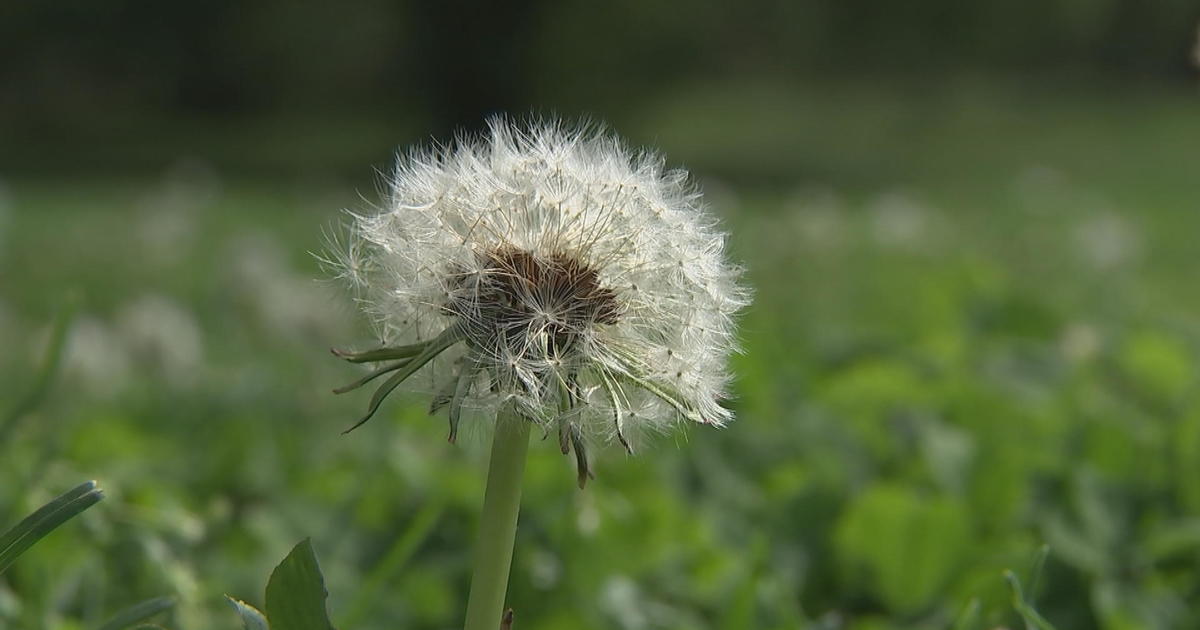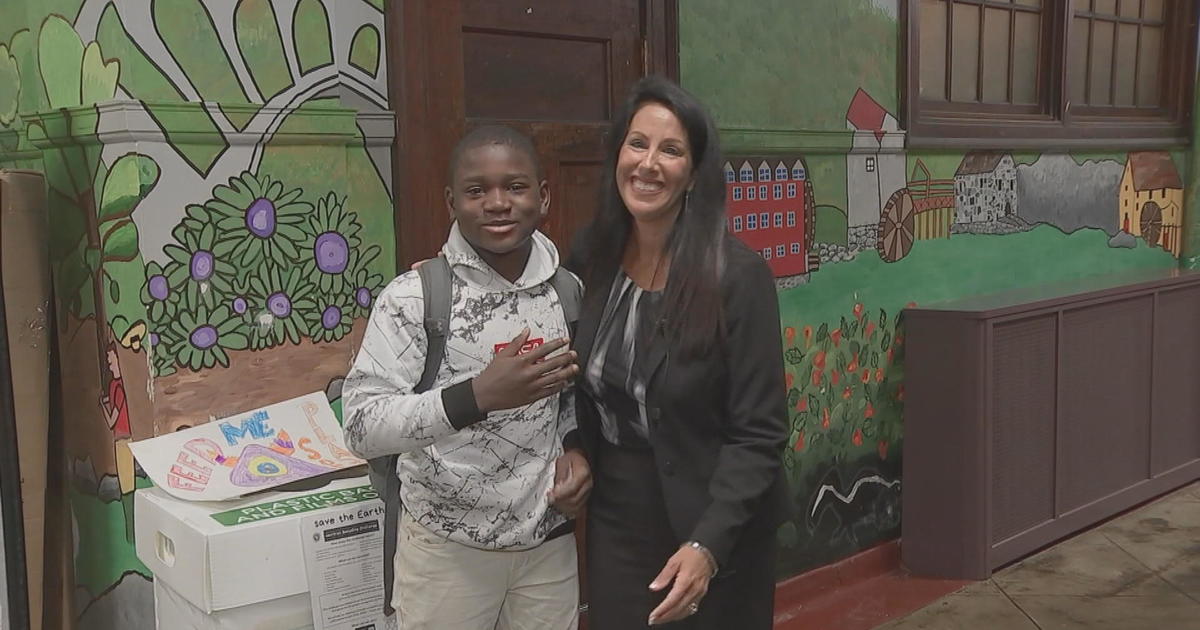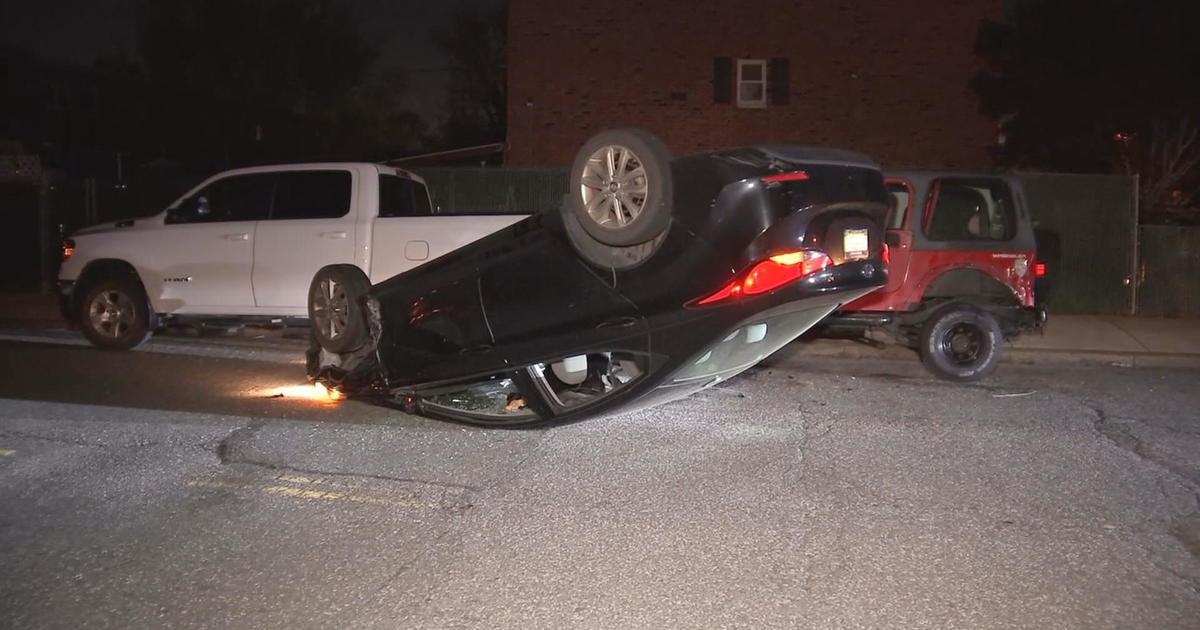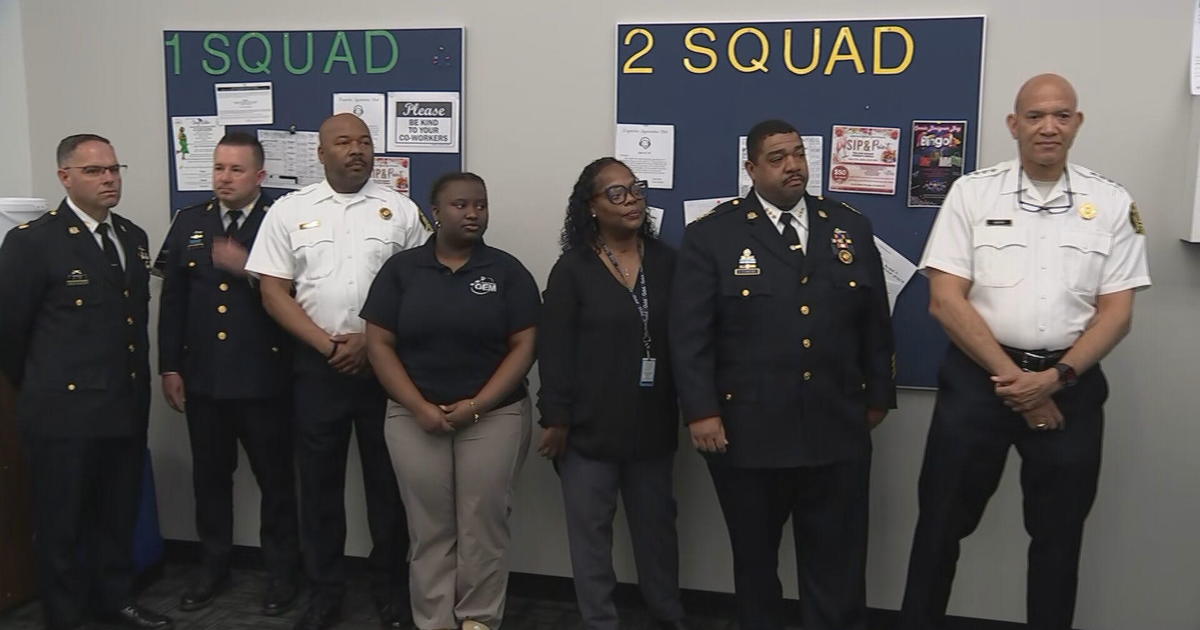Excessive Rain Has Caused Explosion Of Poison Ivy In Philadelphia Area
Follow CBSPHILLY Facebook Twitter
PHILADELPHIA (CBS) -- The region is finally drying out after another rainy weekend. Unfortunately, the rain has brought us a very unwelcome visitor.
Dermatologists are expecting a big increase in patients complaining of itchy rashes caused by poison ivy as about 70 percent of people are allergic to the oil produced by the weed.
There has been an increase of plants and weeds all over the region, especially poison ivy.
You can thank all the rain we've had. People might hate it, but plants are loving it.
"Leaves of three, let them be," said groundskeeper Andrew Wagner.
Wagner is a groundskeeper who knows what to watch out for.
DA: Drug Dealer Raheem Harper Charged In Fentanyl-Laced Heroin Overdose That Left Man Dead
"The rounded leaves and leaves of three are going to mean it's a poison ivy or oak. The poison oak has more jagged leaves," said Wagner.
Oil from the plant can transfer directly to the skin or it can come from objects like gardening tools or clothing.
"It's like grease and once it gets on you it's almost impossible to get off," said Wagner.
Pets can also be a source of transmission.
"Your dogs have potentially been out in the woods and they might have gotten some oil on their fur," said Shannon Caldwell, a director at 4H Center.
Poison ivy can also be hiding in flower beds and mulch.
"When we bring in mulch, when we grind up trees, poison ivy loves to grow up trees," said Wagner.
Poison ivy rashes can take 12 to 72 hours after contact to develop and usually last one to three weeks. Most go away without treatment.
"It's not contagious so if I had a poison ivy rash on my skin I'm not contagious to other people," said Caldwell.
Dermatologists say it's best to keep poison ivy rashes clean and dry. If the itchiness is really bad, calamine lotion can help.
